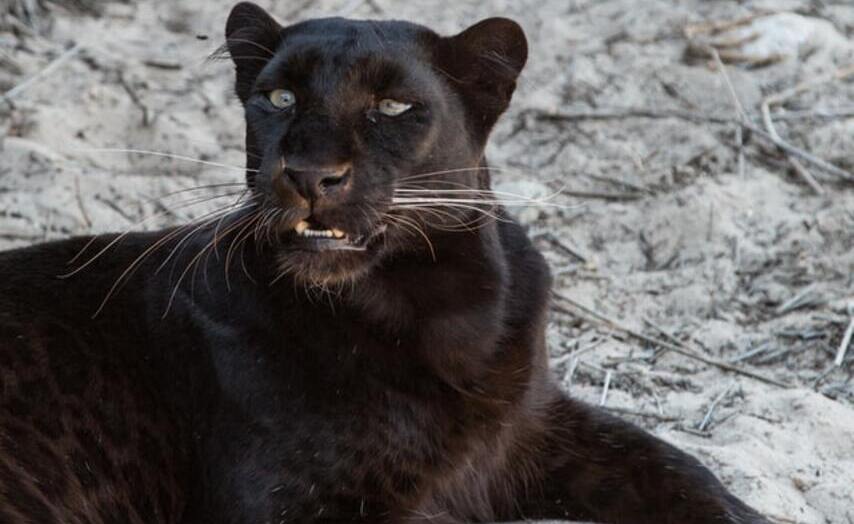
As humans, we’ve long been learning from nature. After all, we’re part of it – and in modern times, some of our best inventions have come from learning how things work in nature. Velcro, for example, was inspired from sticky burrs.
The latest BBC, David Attenborough wildlife programme The Hunt, is a wonderful and compelling insight into nature and the animal kingdom – and another opportunity to learn from nature. One striking thing that we learn early on in the series is that most hunts aren’t successful. For leopards, for example, 6 out of 7 hunts fail. So, in the face of such failure, how do leopards not only seem to stay motivated and focused, but learn to get better? Here’s our thoughts…
Brilliant learners
Leopards (and their other animal friends) are brilliant at watching, learning and applying their learning. Early success rates of young leopards are low, but through observing, practicing and applying their learning, they get better over time. At the other end of their lifespan when they’re no longer as physically capable, they apply all their learning so they still get results. They’re at their brilliant best the older they get.
It’s all about The Hunt
David Attenborough points out that the series is called The Hunt and not The Kill. Apart from the fact that The Kill might not make a great title for a Sunday evening family TV show, it’s because the programme is about the hunt itself. It’s about the process, not the end goal.
And that seems to be the same for the leopard itself. While the outcome is really, really, really important for the leopard (life and death important), the leopard is obsessively focused on the process of hunting. Their focus is on hanging out in the right place, getting the optimal distance from the prey to strike, getting their pace right through the chase, staying patient (even when they’re very close and really hungry).
Resilience is key
In a world where you fail 85% of the time (as the leopard does), you need to be resilient. The leopard accepts and expects less than 15% success rate. They don’t get discouraged – they can’t afford to, because that would result in death! But because they’re so focused on getting better at hunting, the hunt result is simply informative (see the next point) – so it simply doesn’t affect their confidence.
Every failure is an opportunity
Every hunt is a learning opportunity. There is great performance feedback in every hunt for the leopard. They learn and they improve – or else they perish. Let’s repeat – every single hunt – win or lose – is a chance to learn, improve and get better.
Think like the leopard!
So, if you want to perform better, you may need to change your spots and…
- Be a continual learner
- Know your body – your strengths and weakness, if you used equipment, like a bat, ball or bow, make sure its in working order, is the right size and is the right compound bow or ball or bat for the action.
- Stay resilient by having and focusing on performance goals – and reminding yourself you won’t always win
- Be obsessed with the inputs – the things you are doing and can do that will increase your chances of success






